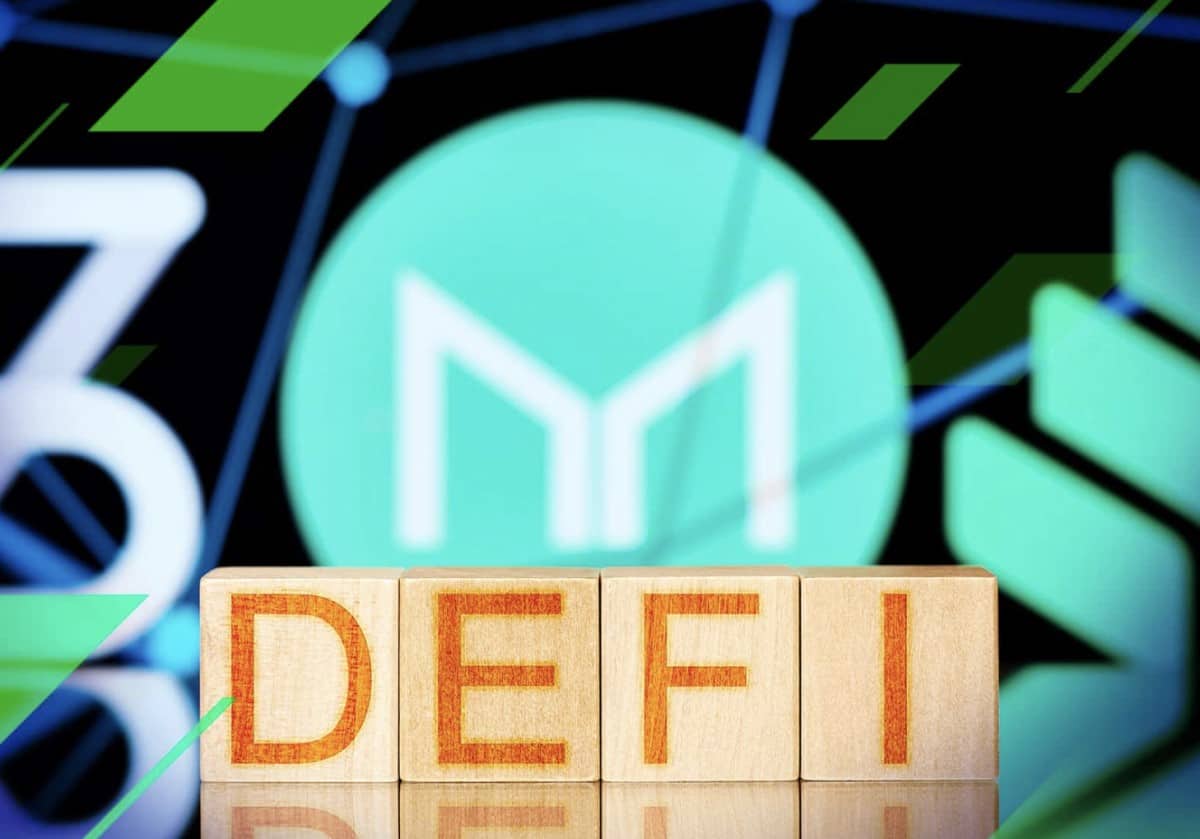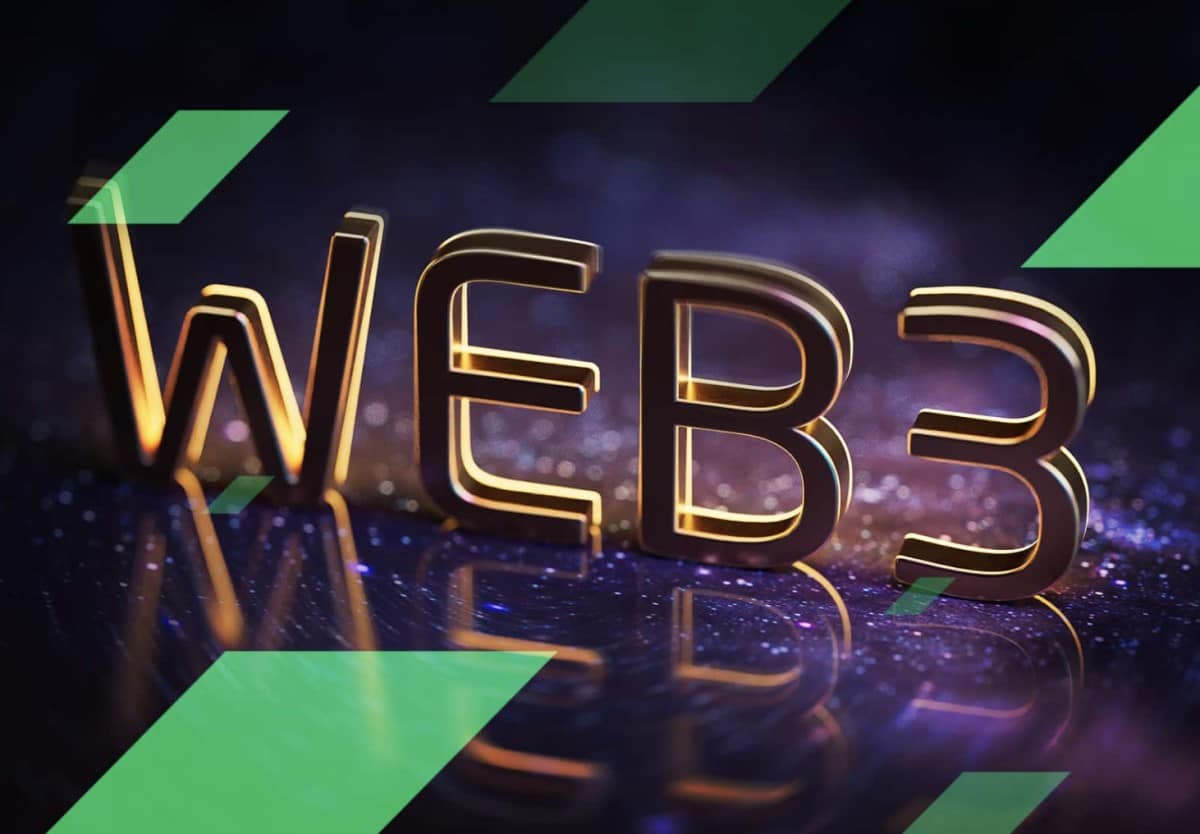The Future of Cryptocurrency and Blockchain: 7 Trends to Watch

It's been 15 years since Bitcoin's launch turned the global community upside down. Yet, the blockchain revolution is to materialise and transform how people send money and share information worldwide. Although it may seem like cryptocurrency and blockchain have already brought significant changes to different sectors and industries, analysts predict much more is yet to come. Which cryptocurrency and blockchain developments are on the horizon for the upcoming decade? Let's consider the top 7 blockchain technology trends that will set the future of cryptocurrency and blockchain technology.
Cryptocurrency and Blockchain Technology Future Trends
The role of blockchain technology is continuously evolving. Before we jump to the list of the next trends, it's important to point out that blockchain trends for 2024 and beyond will be less focused on cryptocurrencies than ever before. We are stepping into a decade of big transformations and new blockchain developments, focusing on blockchain implementation in different sectors.
1. DeFi

DeFi is one of the most prominent blockchain trends, having already gained global interest and will continue evolving in the future. DeFi aims to eliminate the need for traditional financial institutions by providing quick, secure financial transactions around the clock. Numbers speak louder than words, and ReportLinker's "Blockchain In Banking And Financial Services Global Market Report 2023" sized up the market according to the revenue earned by entities offering public and private blockchains. According to the report, global investments in blockchain technology increased from $1.89 billion in 2022 to $3.07 billion in 2023.
In 2024 and beyond, blockchain development trends will focus on developing new DeFi solutions. Some notable factors that could drive changes in the DeFi development landscape include adopting AI-powered risk management systems. Rather than that, accessibility and user-friendliness with intuitive UIs are the next trends in DeFi development.
The future of blockchain technology will introduce us to new DeFi solutions, like DeFi insurance protocols that offer warrants against hackers and fraudulent activities. We recommend closely monitoring the blockchain developments associated with the growing demand for cross-chain interoperability.
2. NFTs
Besides its security and convenience, blockchain will expand the range of business purposes for which it has been applied. Most importantly, companies may consider building additional revenue streams with blockchain by selling digital assets through NFTs.
The rise of NFTs is part of a broader trend towards digital currencies, which are transforming the financial services landscape. The increased demand for NFTs is not pure words or our suggestions. Stats and numbers make it one of the most appealing trends for the future of cryptocurrency and blockchain technology. The potential NFT market size impresses. Based on the numbers shared by Morgan Stanley, NFT and metaverse gaming could bring a $56 million revenue opportunity for the luxury market by 2030.
Businesses are still familiarising themselves with NFT and the benefits the technology can bring them. While companies are developing and testing new use cases, there is no doubt that NFT is the future of cryptocurrency and blockchain technology. It may radically change how we transfer digital rights and obligations, completely erasing the boundaries of modern commerce.
3. Layer-2 Smart Contracts
The growing adoption of layer-2 smart contracts is one of the notable blockchain trends that emerged to improve scalability. Layer-1 blockchains (to which Bitcoin and Ethereum belong) caused scaling issues that evolved as dApps development became mainstream. As a result, layer-2 smart contracts were introduced as a major solution to appeal to and solve blockchain networks' scalability issues. Layer-2 solutions enhance the efficiency of the blockchain ledger, ensuring accurate and secure transactions.
Layer-2 smart contracts offer improved speed by working as an overlay framework, letting blockchain developers focus on innovation. Apart from the benefits associated with scalability enhancements, layer-2 smart contracts pave the way for new use cases and applications.
In 2024 and beyond, we anticipate a growing number of businesses starting to adopt smart contracts in different sectors. Businesses and enterprise-level companies, in particular, will continue using smart contracts to deliver benefits such as reduced expenses, simplified complicated procedures, and elimination of intermediaries.
4. Enterprise Blockchain Adoption
The demand for using blockchain for enterprise use cases is gaining momentum. Blockchain implementation in enterprises ensures data transparency and traceability, which are crucial for supply chain management. Businesses need to adopt technology that guarantees the utmost security for their operations, enhanced customer trust, and faster transactions. Enterprise blockchain solutions are the best fit for such needs.
Blockchain offers immutable technology that ensures transparency and confidence in every transaction and data sent in the network. These characteristics make it the preferred solution for enterprise projects in different industries, including, but not limited to, banking, healthcare, and supply chain management.
So far, we have witnessed several big names in the business world successfully integrating blockchain technology into their operations.
- Walmart is one of them. The company relies on blockchain innovations to track the food movement from farm to table with transparency.
- IBM relies on blockchain in its initiative to enhance supply chain management.
- Along with enhancing security and privacy, Microsoft has also experimented with using blockchain technology to develop new identity management solutions.
- Amazon is another well-known company that has adopted blockchain technology. The tech company uses blockchain technology to enhance the scalability and security of its cloud computing services.
5. Web3

Web3 is one of the most crucial blockchain trends that will gain momentum in the next decade. As Web3 evolves, the virtual currency regulatory landscape will continue to develop. Blockchain shapes the Web3 landscape by delivering advantages like decentralisation, immutability, and security. It is used with other evolving technologies like AI, ML, and IoT and sets the foundation for Web3 applications.
Web3 applications will become the norm in 2024 and beyond for embracing the benefits of decentralisation. Such apps offer more control for customers and reduce tech giants' monopolies.
Web3 would shift the focus of blockchain use cases from just cryptocurrencies. Developers of blockchain technology would need to take fresh approaches that provide enhanced accessibility and user-friendly interfaces. Adopting Web3 would also improve user control over their digital assets' visibility, ownership, and administration.
6. Ethereum 2.0
In 2020, Ethereum achieved a significant milestone in blockchain technology. Ethereum 2.0's Proof of Stake consensus process is more energy-efficient than traditional Bitcoin mining, which requires vast computational power. The process replaced the conventional Proof of Work consensus method. However, in 2024, blockchain trends for developers will depend on how well-developed Ethereum 2.0 is. It can offer increased energy efficiency, enhanced security, and better scalability. Additionally, Ethereum 2.0 supports shard chains to guarantee higher throughput.
For blockchain developers in 2024 and beyond, Ethereum 2.0 would be a top priority since it offers an alternative to building scalable applications directly on the Ethereum network. Ethereum 2.0 would employ randomisation rather than hash power to lower block sizes using its new consensus process.
7. Regulations for Blockchain and Cryptocurrencies
In 2023, blockchain and cryptocurrency regulation became major trends, with rules appearing to mature more quickly. Regulations will also impact crypto exchanges, which are crucial in securely processing and recording transactions for various cryptocurrencies.
Regulations in the cryptocurrency and blockchain development space would positively affect the security of blockchain technologies and thwart security threats. However, the implementation of legislation in the blockchain space needs to be improved by jurisdictional concerns.
Finally, there are some noticeable outcomes from the persistent demand for legislation around cryptocurrencies and blockchain technology. The US crypto plan, unveiled in 2021, illustrates how vital government involvement is in the blockchain space. The US government invested $1.2 trillion in a bipartisan infrastructure to promote using cryptocurrencies and blockchain technology.
The architecture improved regulatory oversight of cryptocurrency and blockchain network activity by introducing consequences for crypto tax reporting. Leaders of the G20 conference in 2023 also stressed the need to establish a reporting system for bitcoin assets. It considers the potential of a global initiative to regulate cryptocurrencies and blockchain technologies.
Closing Thoughts
The views and opinions about the next trends in cryptocurrency and blockchain technology to bring into our professional and everyday lives may differ, depending on the experts you follow and your objectives. However, the above solutions are undoubtedly here to stay and evolve to bring more usability, scalability, and transparency to different business and leisure processes. Big companies like Amazon and Walmart have already integrated their business operations with blockchain. What's next?
The future of blockchain technology looks promising and multifaceted. We anticipate presenting other impressive blockchain use cases in the next decade. Interestingly, the technology that once appeared as a logical consequence of crypto adoptions finds new forms and implementations that no longer interconnect cryptocurrency with blockchain as much as it used to.
Tags
Try our Bitcoin Cloud Miner and get additional crypto rewards based on your trading volume. It's immediately available upon registration.
Try our Bitcoin Cloud Miner and get additional crypto rewards based on your trading volume. It's immediately available upon registration.



